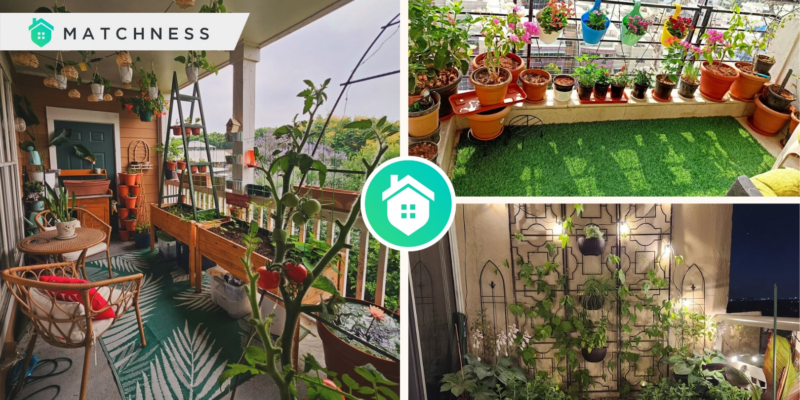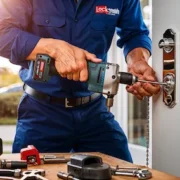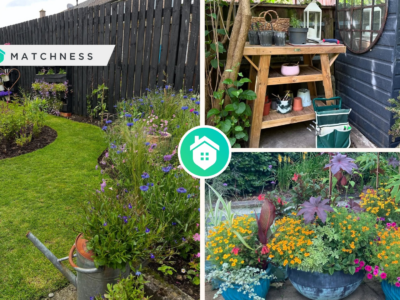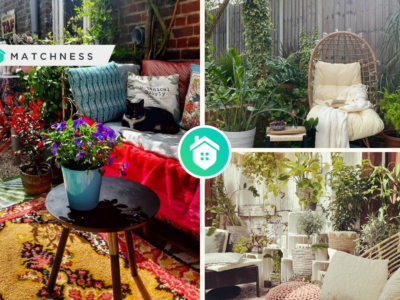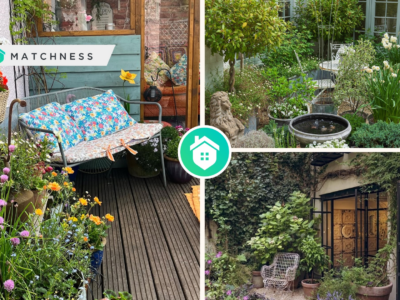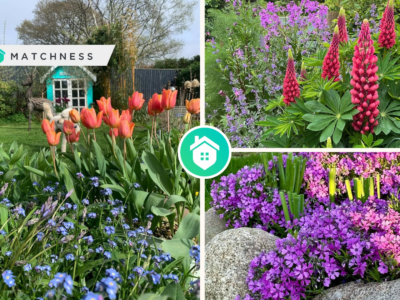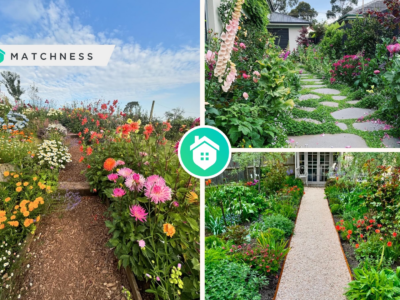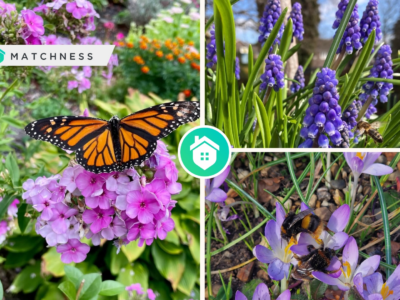Urban living often means sacrificing proximity to nature for the convenience of city amenities. However, apartment gardening bridges the gap between urban and rural lifestyles by enabling individuals to cultivate plants, flowers, and even vegetables in small spaces. The appeal lies in its accessibility and versatility; with a bit of creativity, even the tiniest balcony or window sill can be transformed into a lush oasis.
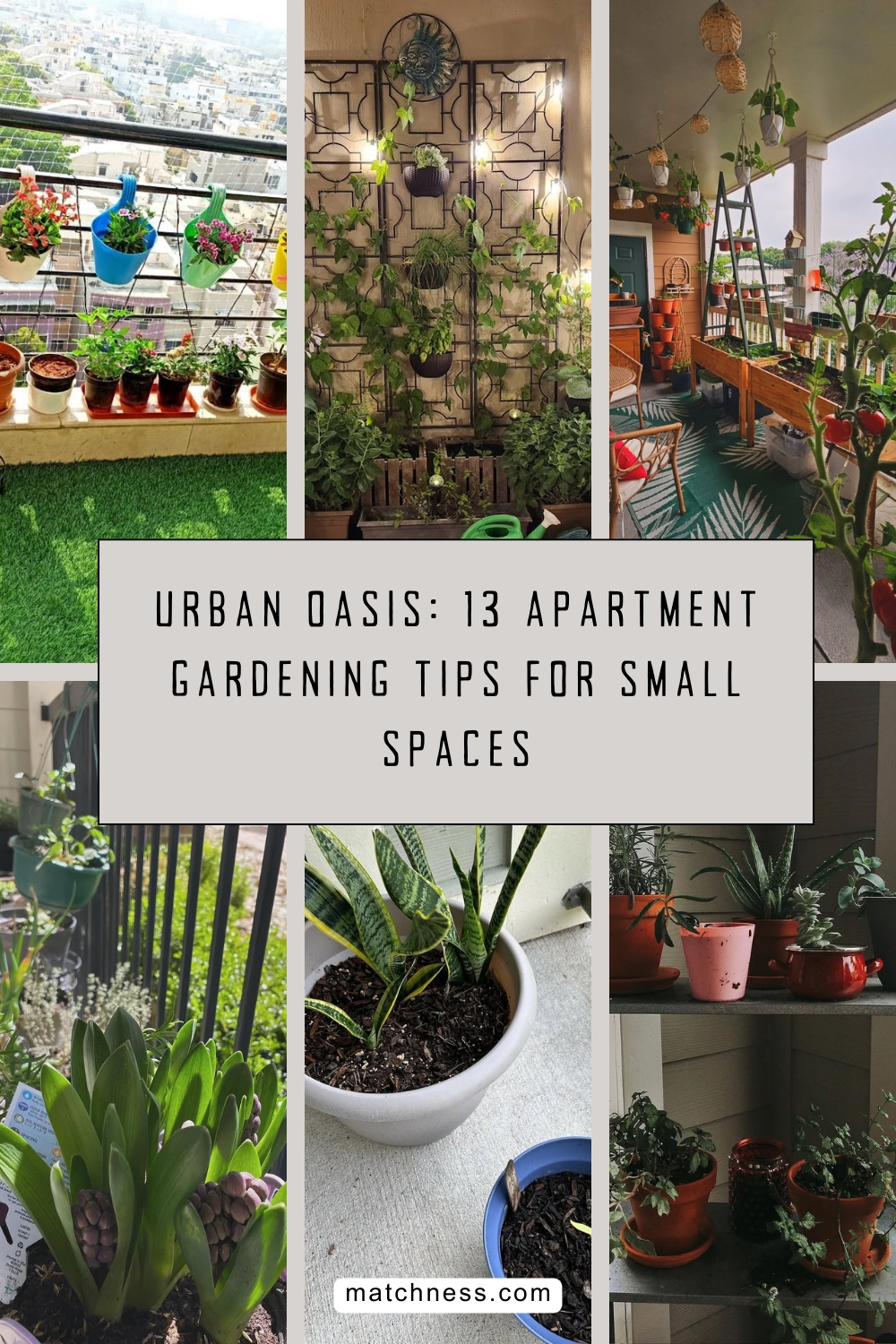
Gardening in apartments is also a sustainable practice. Growing your own herbs and vegetables reduces dependency on store-bought produce, cutting down on packaging waste and transportation emissions. Furthermore, plants improve indoor air quality by filtering toxins and increasing oxygen levels, creating a healthier home environment. Here are some apartment gardening tips for a small space.
Getting Started: Essentials for Apartment Gardening
Before diving into apartment gardening, it’s essential to assess your space and resources. Here are some foundational steps to help you get started:
Evaluate Your Space
Take stock of the available space in your apartment. Balconies, window sills, kitchen counters, and even walls can serve as potential gardening areas. Consider the amount of natural light each spot receives—most plants thrive in bright, indirect sunlight, while others prefer shaded areas.
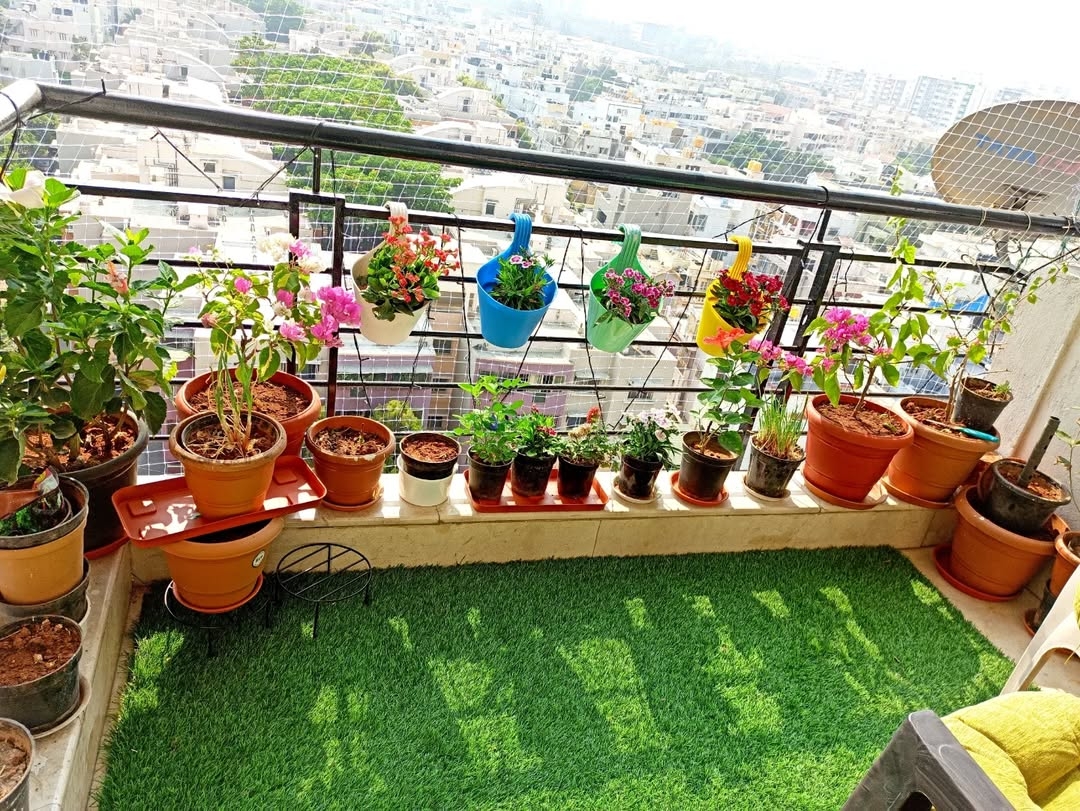
Maximizing a small balcony as an apartment gardening idea will bring a touch of nature to your living space and provide a relaxing environment to unwind after a long day. Balcony space from @mon.pherari
Choose the Right Plants
Selecting plants that suit your environment is crucial. For beginners, low-maintenance options like succulents, pothos, and snake plants are excellent choices. If you have access to sunlight, you can grow herbs like basil, mint, and parsley, or even vegetables such as cherry tomatoes and peppers.
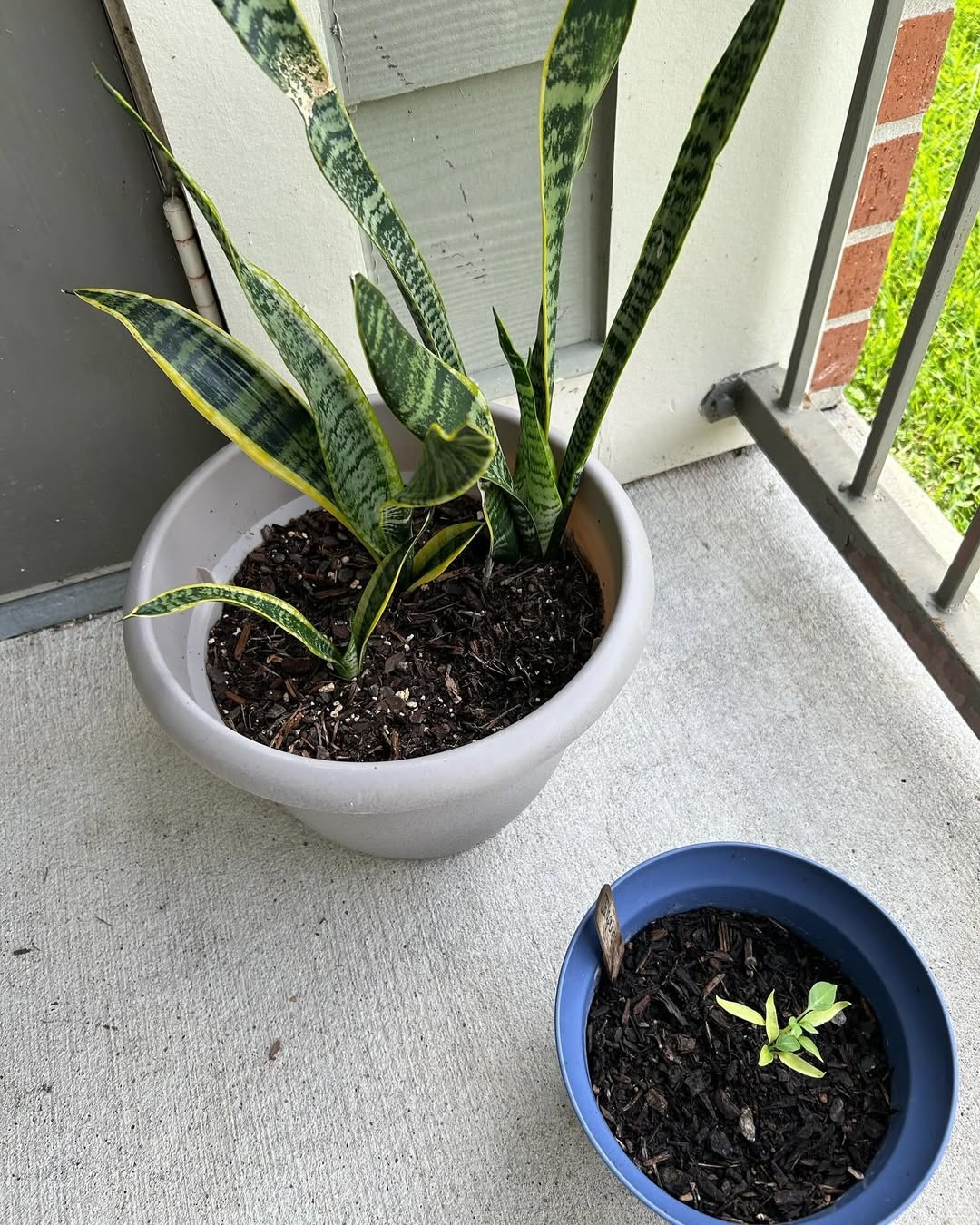
Snake plant is a low-maintenance, air-purifying plant ideal for apartment gardening due to its minimal watering requirements and low-light conditions. Snake plant from @leaves.literature
Invest in Suitable Containers
Container gardening is the cornerstone of apartment gardening. Opt for lightweight pots, hanging baskets, or vertical planters that maximize space. Ensure that each container has proper drainage holes to prevent waterlogging.

Opting for small and lightweight containers for apartment gardening can make it easier to move plants around as needed and can also help prevent overcrowding in limited indoor spaces. Plant containers from @garden_rulez
Use Quality Soil and Fertilizer
Unlike traditional gardening, container gardening requires high-quality potting soil to ensure adequate drainage and nutrients. Consider using organic fertilizers or compost to provide plants with the necessary nutrients for growth.
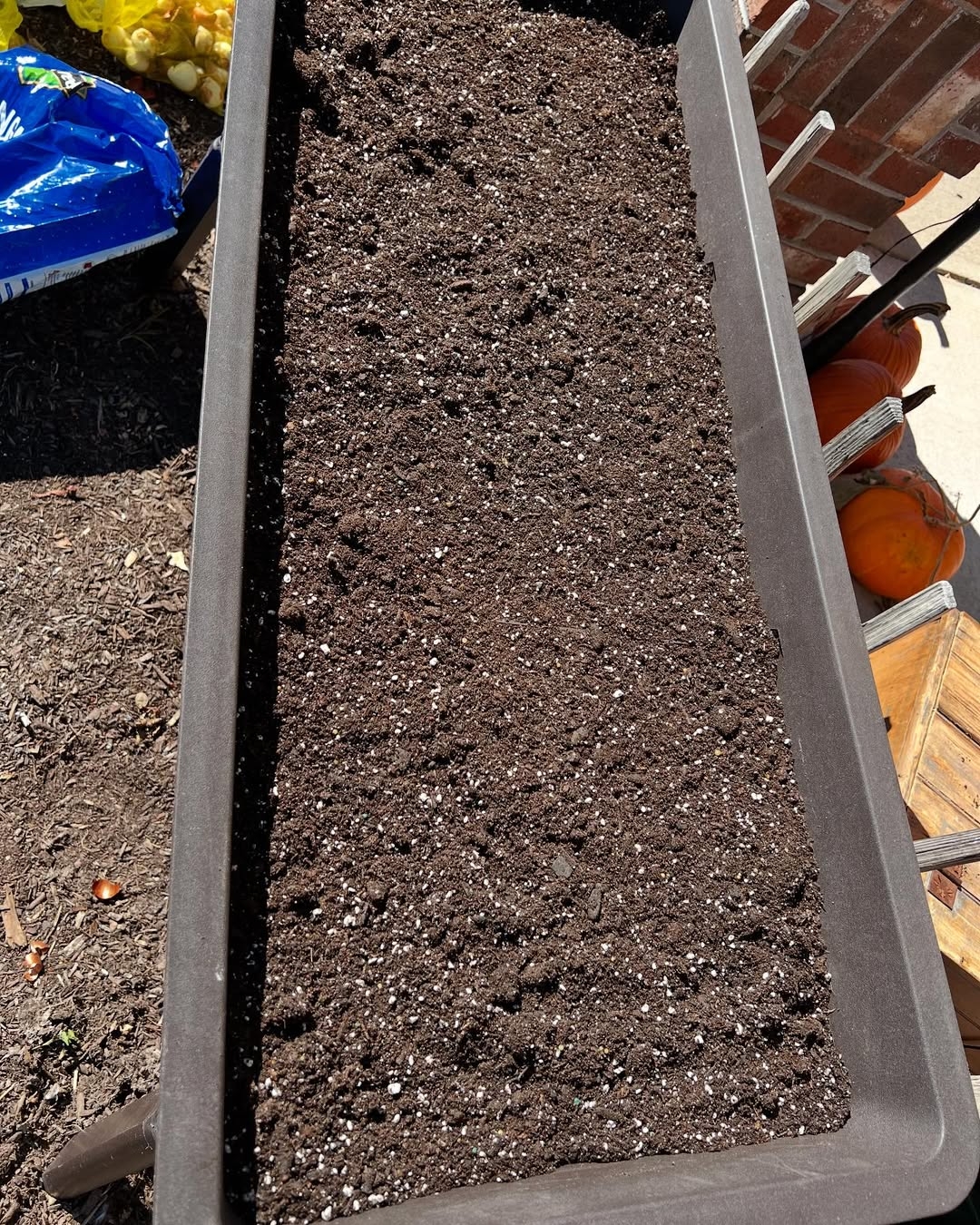
Apartment gardening requires healthy soil, enriched with compost, organic matter, and fertilizer, to promote strong root growth and overall plant health in limited spaces. Preparing the soil from @justbuytheplant
Creative Solutions for Small Spaces
One of the joys of apartment gardening is finding innovative ways to make the most of limited space. Here are some creative solutions to inspire your green thumb:
Vertical Gardens
Vertical gardening is a game-changer for small apartments. By utilizing walls, you can grow a variety of plants in tiered or hanging systems. Wall-mounted planters, pocket panels, and trellises are excellent options for creating a vertical garden that’s both functional and visually appealing.
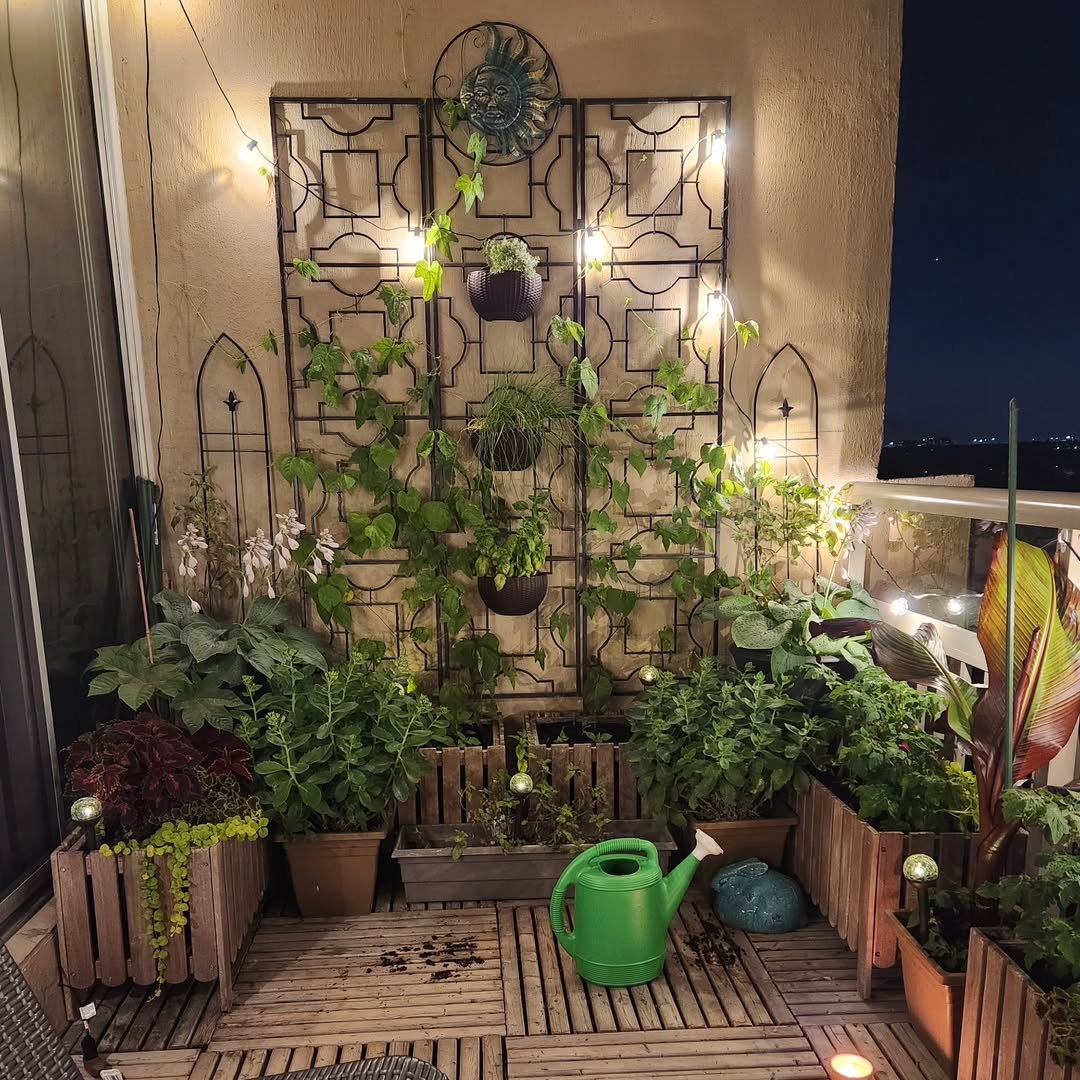
This apartment gardening idea maximizes space and adds greenery to the living area by using walls as vertical gardens, ensuring outdoor living without sacrificing square footage. Vertical garden from @pictureheather
Hydroponics and Indoor Systems
For those with minimal outdoor space, hydroponic systems offer a soil-free alternative. These systems use nutrient-rich water to grow plants and are perfect for herbs and leafy greens. Indoor gardening kits with built-in LED lights are another great option for urban gardeners.
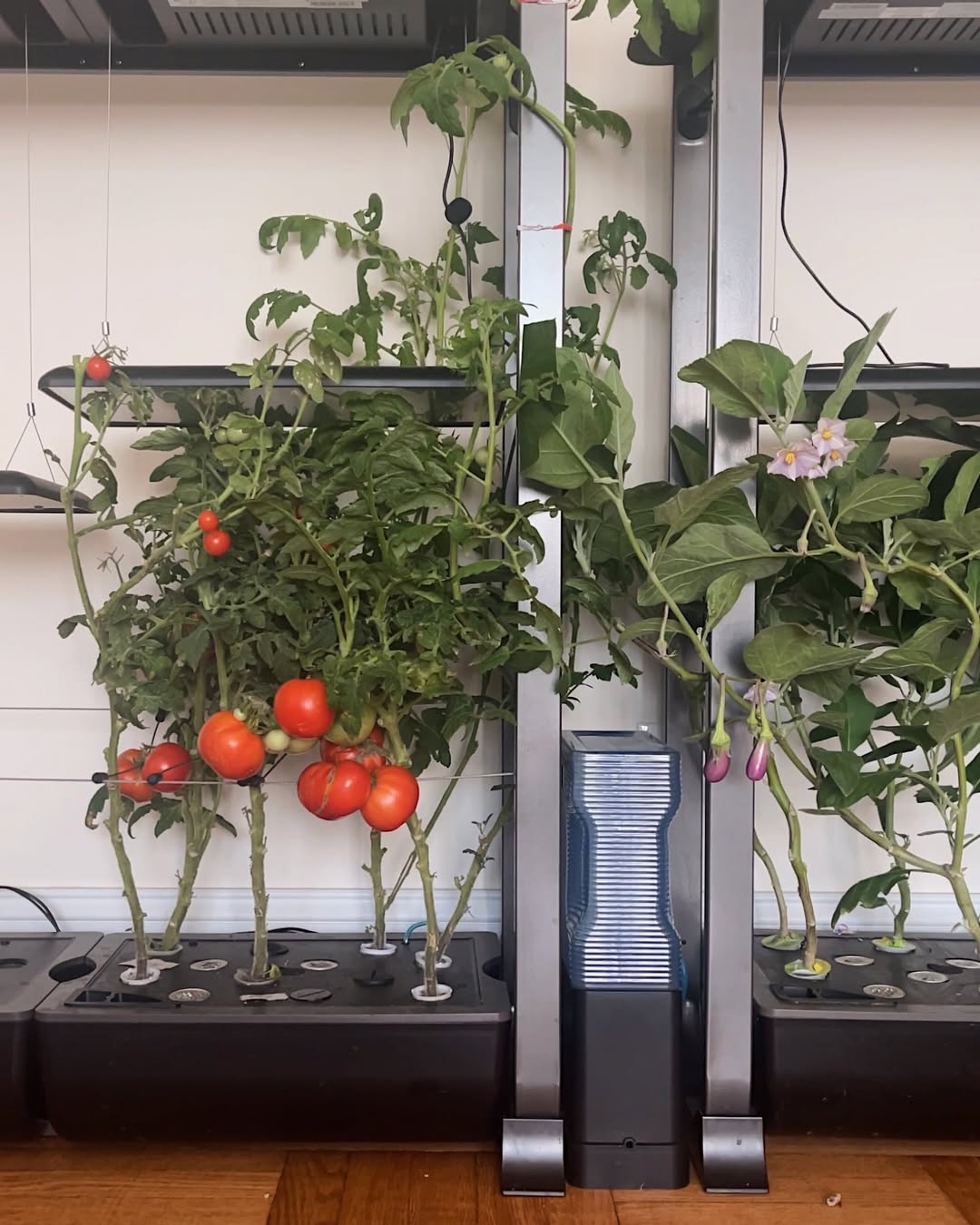
For another apartment gardening idea, this hydroponic kit allows you to grow vegetables indoors without soil, using nutrient-rich water instead. It is perfect for small spaces and beginners looking to try out hydroponic gardening. Hydroponic system from @shershegrows
Balcony and Window Gardening
If you have a balcony, consider creating a miniature garden with potted plants and hanging baskets. For apartments without balconies, window boxes are a practical way to grow flowers or herbs. Just ensure that the boxes are securely fastened and positioned to receive adequate sunlight.
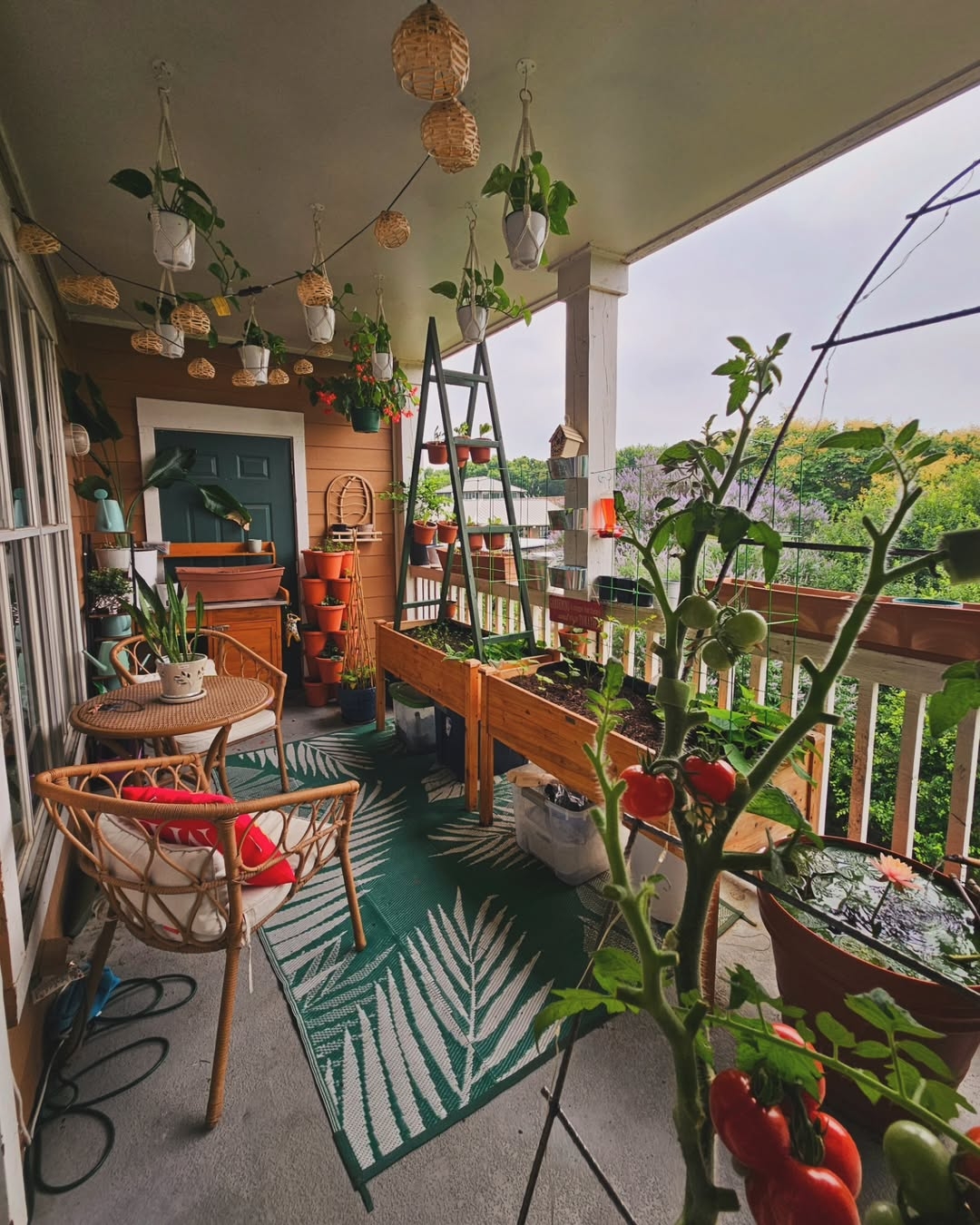
This balcony garden, a lush green oasis in the city, features raised beds, hanging planters, and vertical planters, incorporating herbs, flowers, and vegetables for both beauty and functionality. Balcony garden from @merleafies
Caring for Your Apartment Garden
Consistent care is key to maintaining a thriving apartment garden. Here are some essential tips:
- Watering: Avoid overwatering by checking the soil’s moisture level before watering. Most plants prefer slightly dry soil between watering sessions.
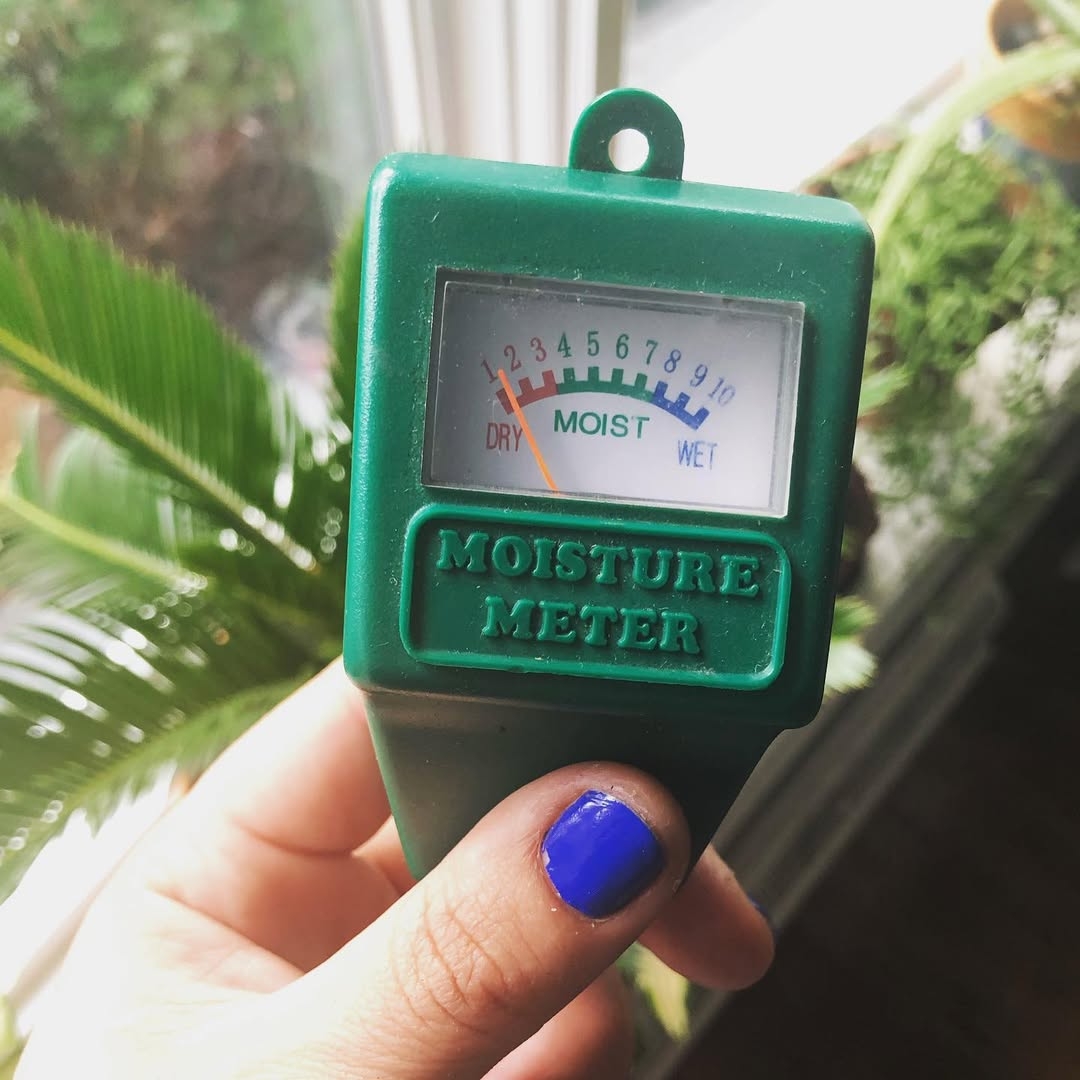
Ensure proper plant watering by monitoring moisture levels and using a moisture meter to prevent overwatering and root rot issues in apartment gardens. Watering tips from @dirty_rootz
- Lighting: Rotate plants regularly to ensure even exposure to light. If natural light is insufficient, invest in grow lights to supplement their needs.
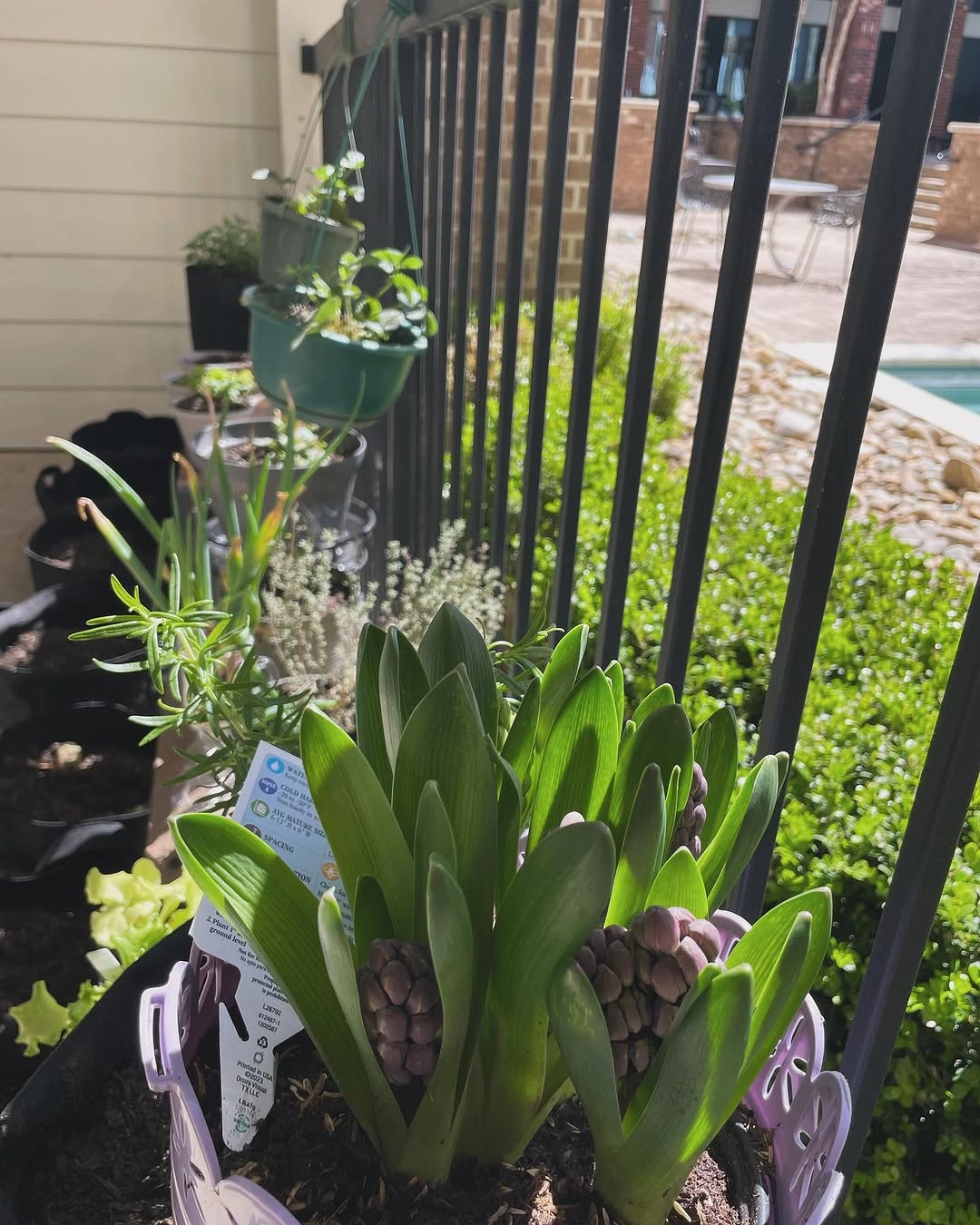
Placing plants near the railing of the balcony ensures that they receive adequate sunlight and fresh air, promoting healthy growth. Additionally, it can create a beautiful and natural aesthetic for the outdoor space. Natural light from @_marissa_lorraine
- Pruning: Regularly prune dead leaves and stems to encourage healthy growth and prevent pest infestations.
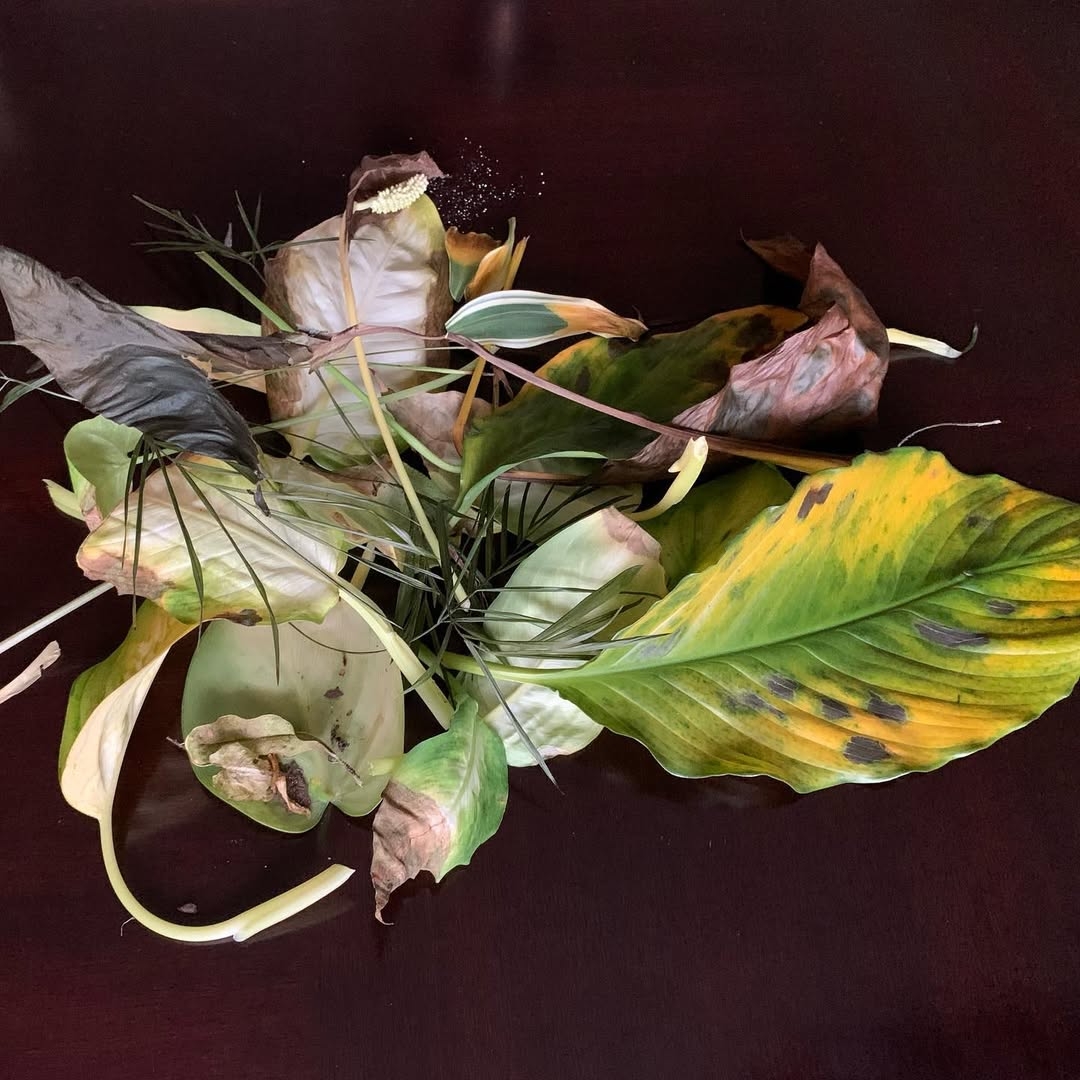
Pruning enhances the aesthetic appeal of an apartment garden, promotes plant growth, prevents overcrowding, and enhances air circulation within the space. Pruning from @enchantedgardeningbydee
- Pest Control: Use natural remedies like neem oil or insecticidal soap to manage common pests. Introducing beneficial insects like ladybugs can also help.
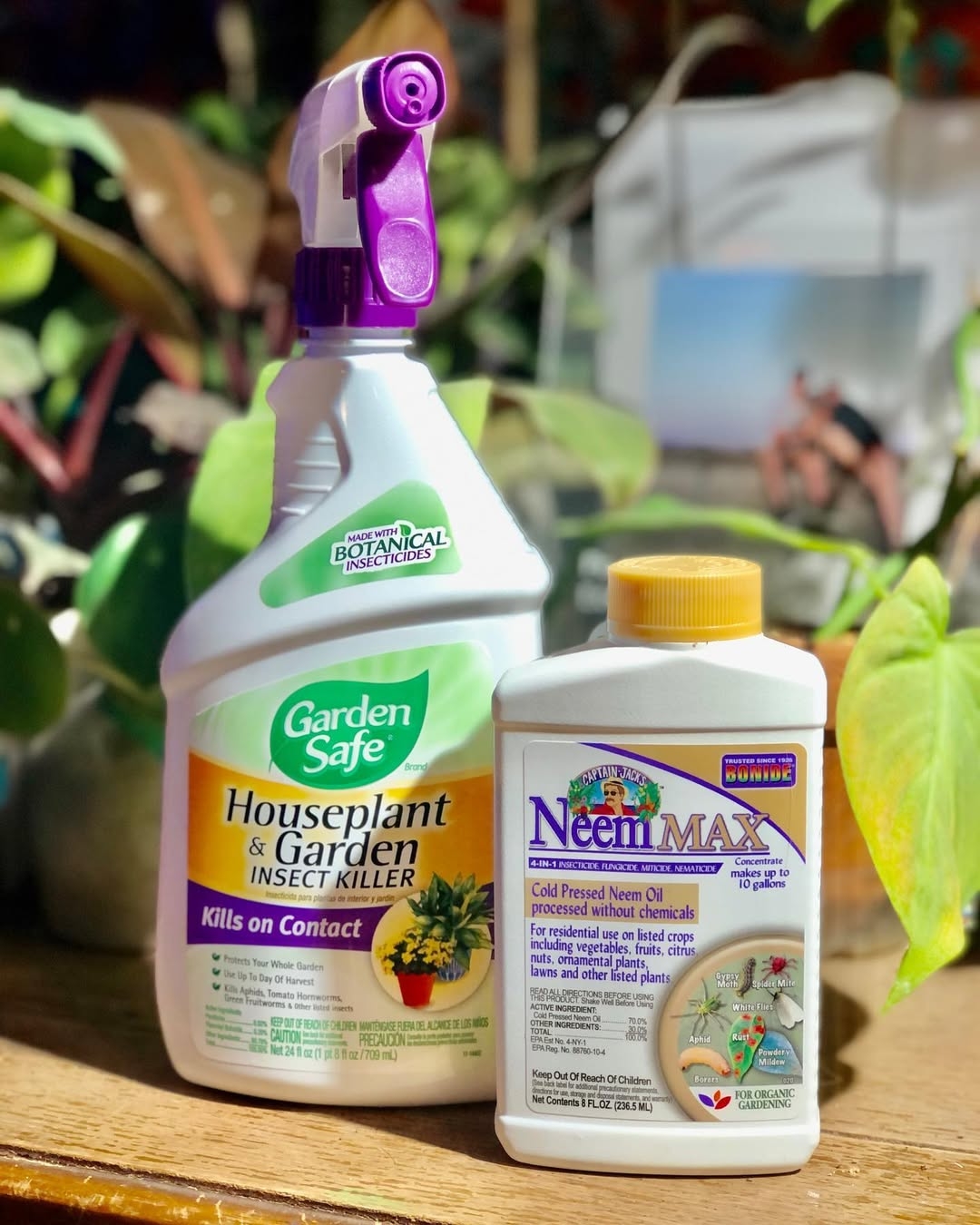
Neem oil is an organic pest control method that promotes plant growth without harmful chemicals, and its antifungal properties further protect plants. Pest control from @plantmon_tings
- Add Plant Food: If needed, you can maintain the plant in your apartment garden by adding plant food. This addition will help promote healthy growth and ensure that the plant receives all the necessary nutrients it needs to thrive. Remember to follow the instructions on the plant food packaging for best results.
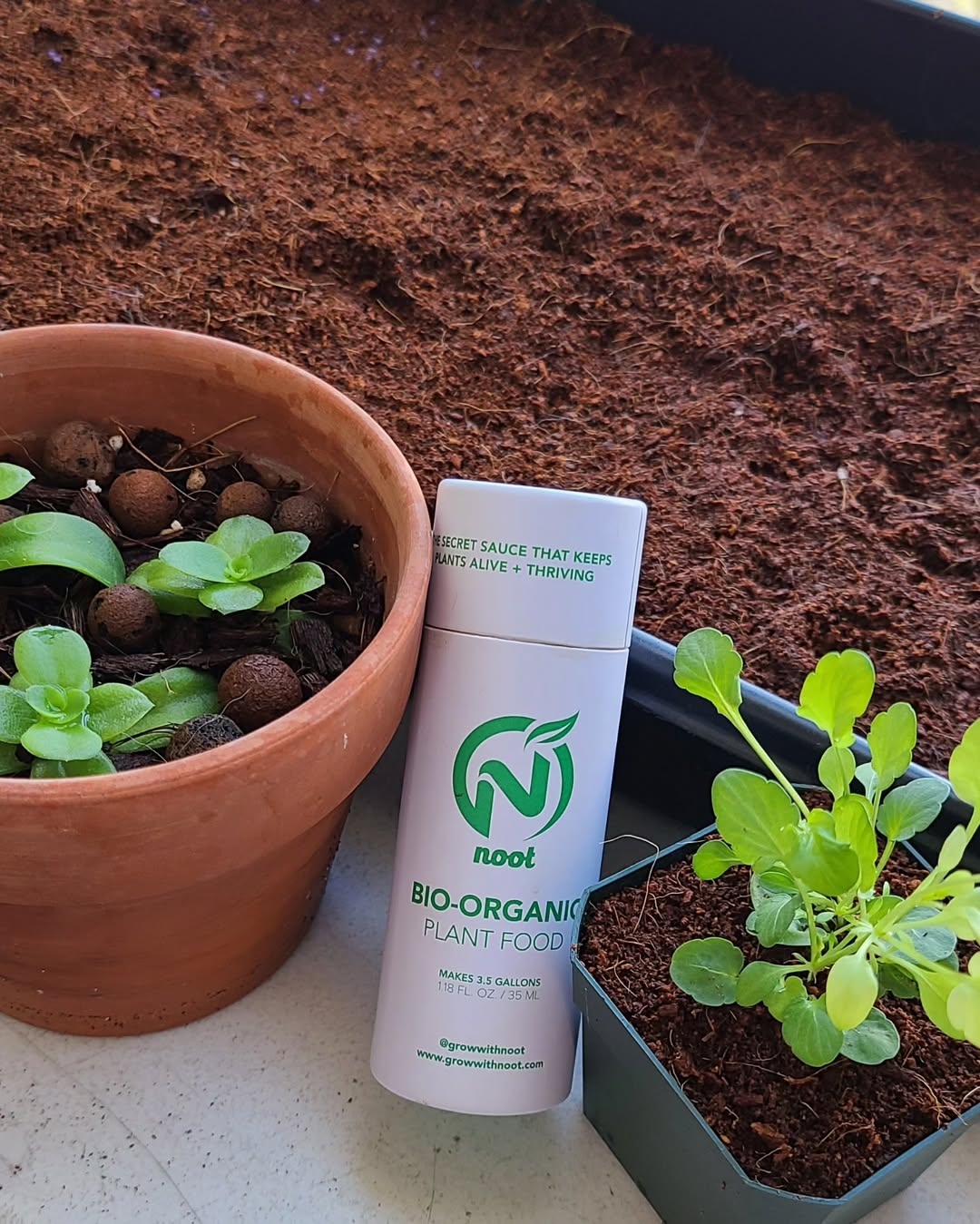
Plant food makes the succulent in your apartment garden thrive with vibrant colors and healthy growth. It provides essential nutrients for optimal development and overall well-being. Plant food from @trippytippies
Benefits of Apartment Gardening
Apartment gardening offers more than just aesthetic appeal; it provides a host of benefits that enhance urban living:
- Improved Mental Health: Gardening is a proven stress-reliever. The act of nurturing plants and watching them grow fosters a sense of accomplishment and reduces anxiety. Additionally, greenery has been shown to improve mood and increase productivity.
- Healthier Lifestyle: Growing your own herbs and vegetables encourages healthier eating habits. Fresh, homegrown produce is free from harmful pesticides and retains more nutrients compared to store-bought options.
- Enhanced Air Quality: Plants act as natural air purifiers by removing toxins and releasing oxygen. Common indoor plants like spider plants and peace lilies are particularly effective at improving indoor air quality.
- Community Building: Apartment gardening can also foster a sense of community. Many urban dwellers participate in rooftop gardens or community gardening initiatives, sharing resources and knowledge while building meaningful connections with neighbors.
Overcoming Common Challenges
Despite its many benefits, apartment gardening comes with its own set of challenges. Limited space, inconsistent lighting, and pest issues are common hurdles. However, these can be addressed with proper planning and resourcefulness. For instance, using mirrors to reflect light or installing automatic irrigation systems can help overcome space and lighting constraints.
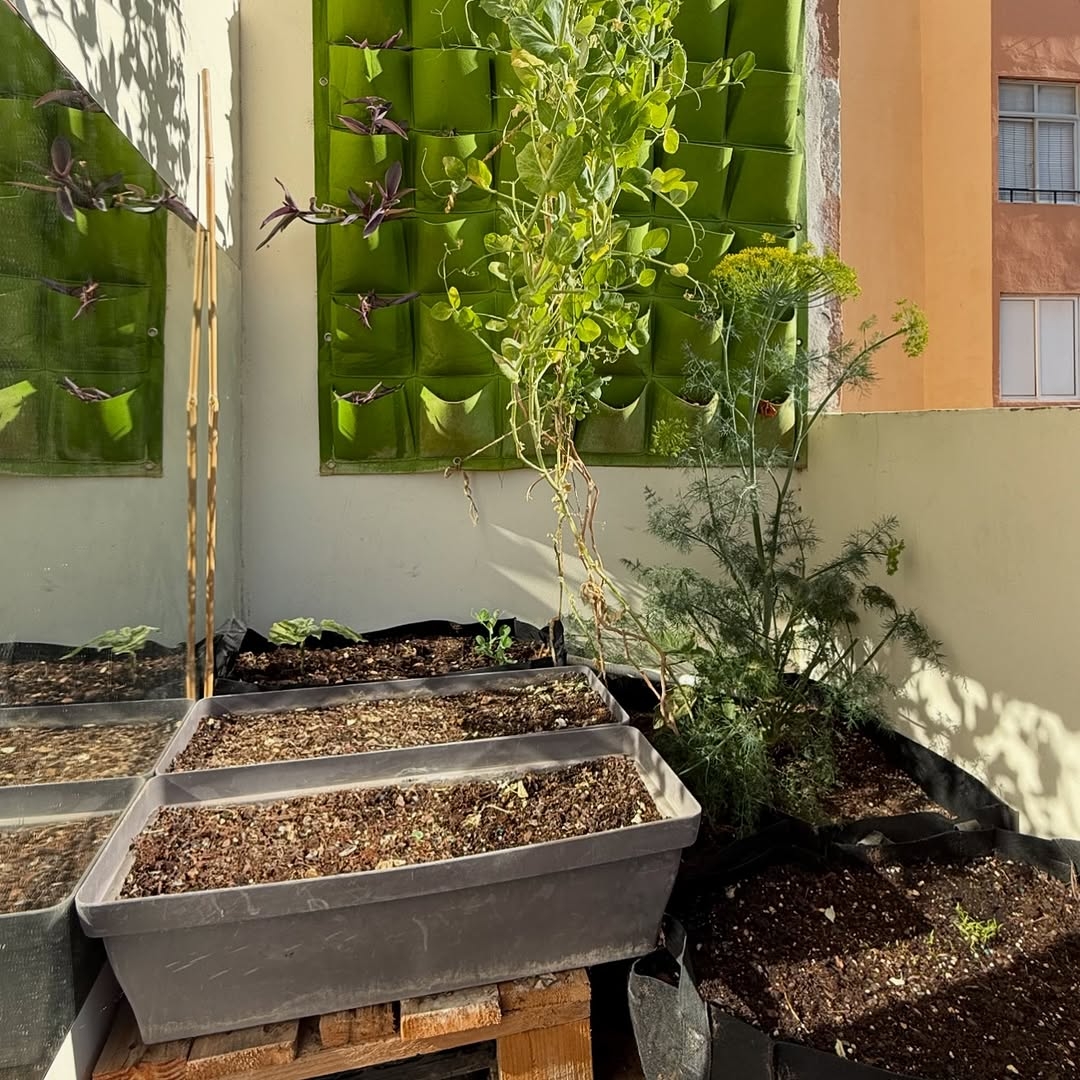
This mirror hack can enhance plant growth in apartment gardens by reflecting sunlight, despite limited natural light, provided the mirror is strategically placed to prevent overheating. Mirror reflection from @stargazer_tiny_house_gardens
By creating a green oasis in your apartment, you can enjoy the beauty and benefits of gardening without the need for a sprawling backyard. Whether you’re a seasoned gardener or a curious beginner, the possibilities are endless. With a little effort and creativity, you can transform your small space into a thriving sanctuary that nurtures both plants and people.


